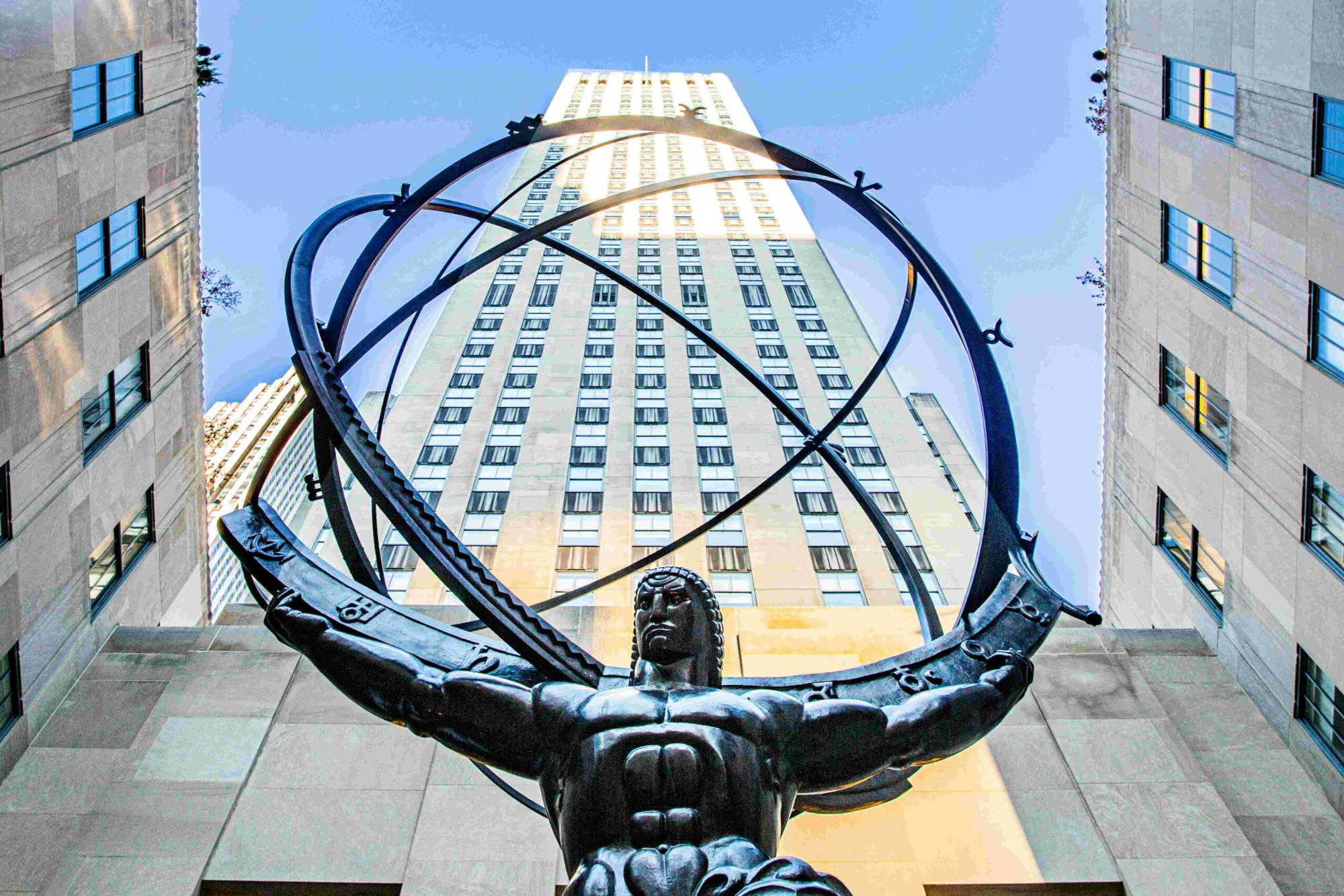Kericho: A sustainable tea plantation
Unilever is among the world’s largest users of agricultural raw materials and a major buyer on world agriculture markets. Unilever’s work on sustainable agriculture has been focused on five key crops – palm oil, peas, spinach, tea and tomatoes. This short case provides an example of how Unilever has approached development of sustainable tea production in such a way that benefits are realized by both the business and the society in which it operates. The Kericho tea plantation, the subject of the case, was the first to be certified as sustainable after Unilever allied with the Rain Forest Alliance to further its efforts.
This case can be used to stimulate discussions with leaders around how to address the challenges and realize opportunities from CSR initiatives. Questions it can stimulate discussion around include: Does a market leader have a moral obligation to take responsibility for its impact on nature? Why or why not? And at what potential cost? What role does a sustainability vision, and related beliefs, play in an organization? What benefits can a company derive from resulting actions? If you need to convince a cynic, what actions would you recommend?
Unilever
2004 – 2007
Cranfield University
Wharley End Beds MK43 0JR, UK
Tel +44 (0)1234 750903
Email [email protected]
Harvard Business School Publishing
60 Harvard Way, Boston MA 02163, USA
Tel (800) 545-7685 Tel (617)-783-7600
Fax (617) 783-7666
Email [email protected]
NUCB Business School
1-3-1 Nishiki Naka
Nagoya Aichi, Japan 460-0003
Tel +81 52 20 38 111
Email [email protected]
IMD retains all proprietary interests in its case studies and notes. Without prior written permission, IMD cases and notes may not be reproduced, used, translated, included in books or other publications, distributed in any form or by any means, stored in a database or in other retrieval systems. For additional copyright information related to case studies, please contact Case Services.
Research Information & Knowledge Hub for additional information on IMD publications
in I by IMD
Research Information & Knowledge Hub for additional information on IMD publications
Research Information & Knowledge Hub for additional information on IMD publications
Research Information & Knowledge Hub for additional information on IMD publications
Research Information & Knowledge Hub for additional information on IMD publications
in I by IMD
Research Information & Knowledge Hub for additional information on IMD publications
Research Information & Knowledge Hub for additional information on IMD publications
Research Information & Knowledge Hub for additional information on IMD publications
Research Information & Knowledge Hub for additional information on IMD publications
Research Information & Knowledge Hub for additional information on IMD publications
Research Information & Knowledge Hub for additional information on IMD publications







